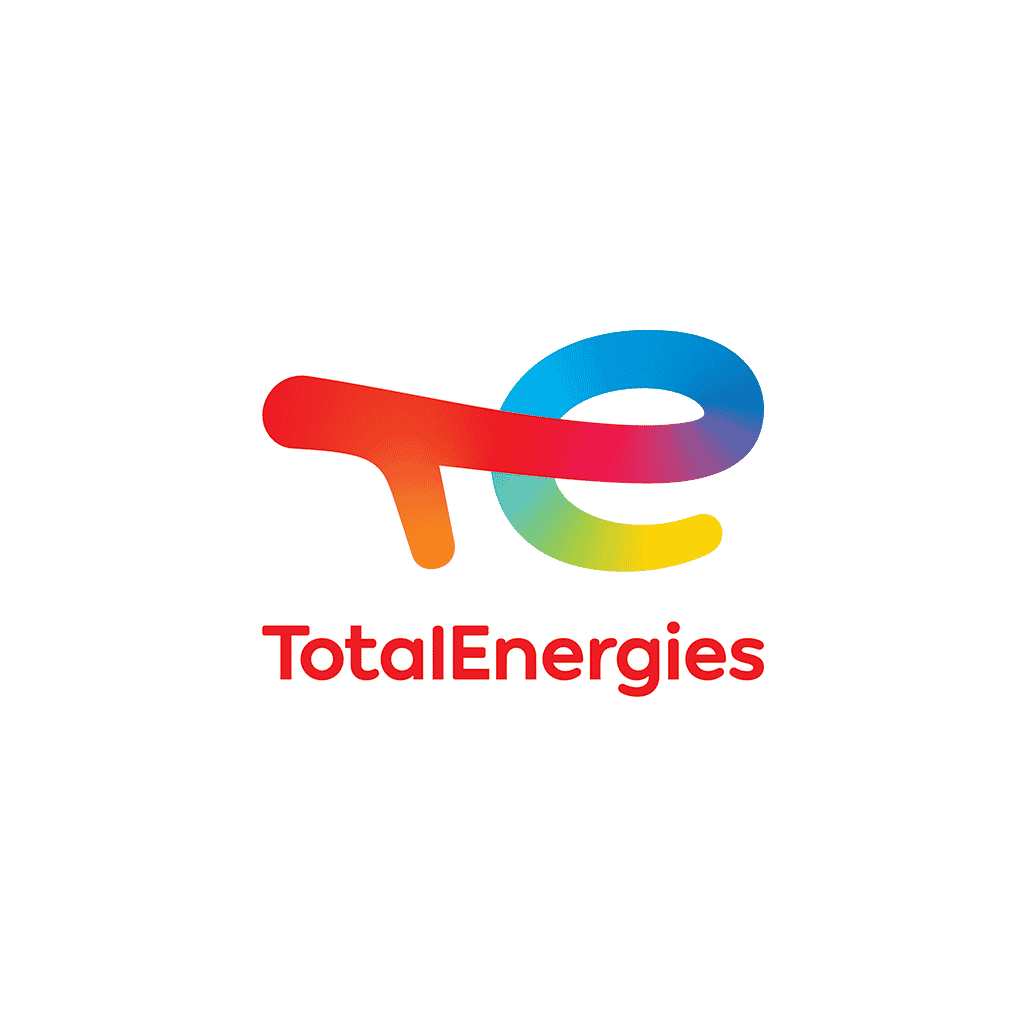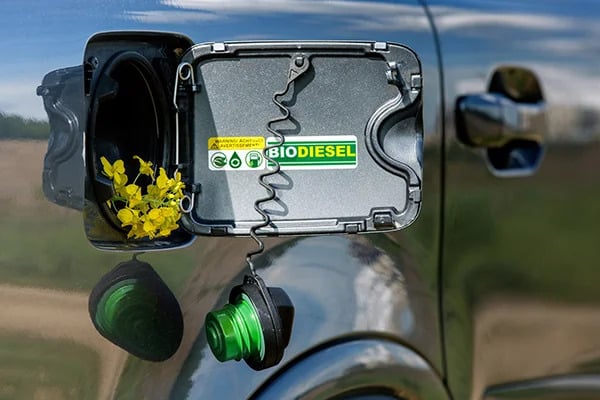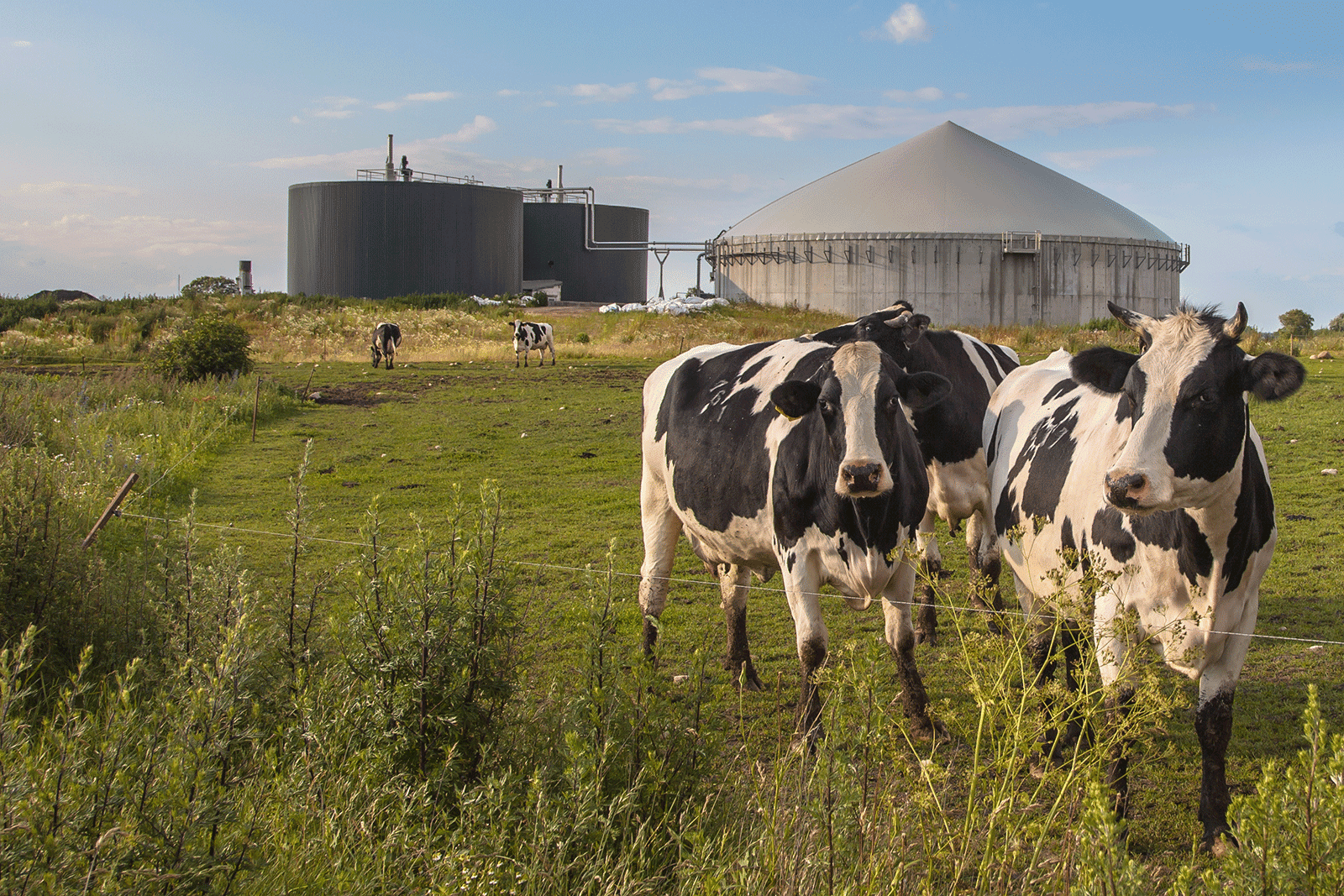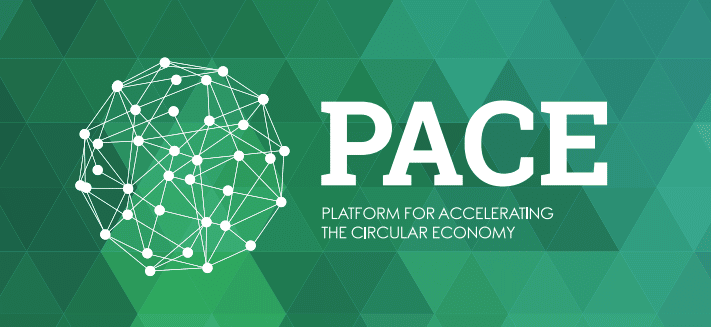Produce 1Mt/y of circular polymers by 2030

Terms of the action or commitment
Circular polymers : Bioplastics and recycled plastics
The circular economy of plastics is based on three axes:
- Mechanical recycling, which is the most mature technology on the market. It processes raw materials from collective sorting and collection centers and is adapted to the needs of markets such as the automotive and construction industries. TotalEnergies’ subsidiary Synova is part of this approach with its 45 kt production capacity at the end of 2021 and the ambition to produce 100 kt by 2025.
- Chemical recycling, which enables to process waste that cannot be recycled mechanically and to serve other markets, such as food-grade plastics. TotalEnergies currently produces chemically recycled polymers at its Antwerp (Belgium) platform from the pyrolysis oil from plastic waste produced by its partner Plastic Energy, with which TotalEnergies is also associated to build a production unit in Grandpuits (France). TotalEnergies has also entered into a partnership with Honeywell to promote the chemical recycling of plastics in Europe and the United States.
- Bioplastics, TotalEnergies offers biopolymers derived partly from the processing of sustainable biological feedstocks (vegetable oils, used cooking oils), which are currently processed at the La Mède biorefinery and will soon be processed at the Grandpuits biorefinery, and partly from polylactic acid (PLA), a recyclable and biocompostable starch- or sugar-based bioplastic produced by the TotalEnergies-Corbion joint venture in Rayong, Thailand, and soon to be built in Grandpuits, France. By 2021, TotalEnergies has produced 60 kt of recycled and bio-based plastic.
TotalEnergies’ ambition is to produce 1Mt per year of circular polymers by 2030.
Levers mobilized for circular economy (according to Ademe)
Implementation timeline
Starting year
2021
Ending year
2030




